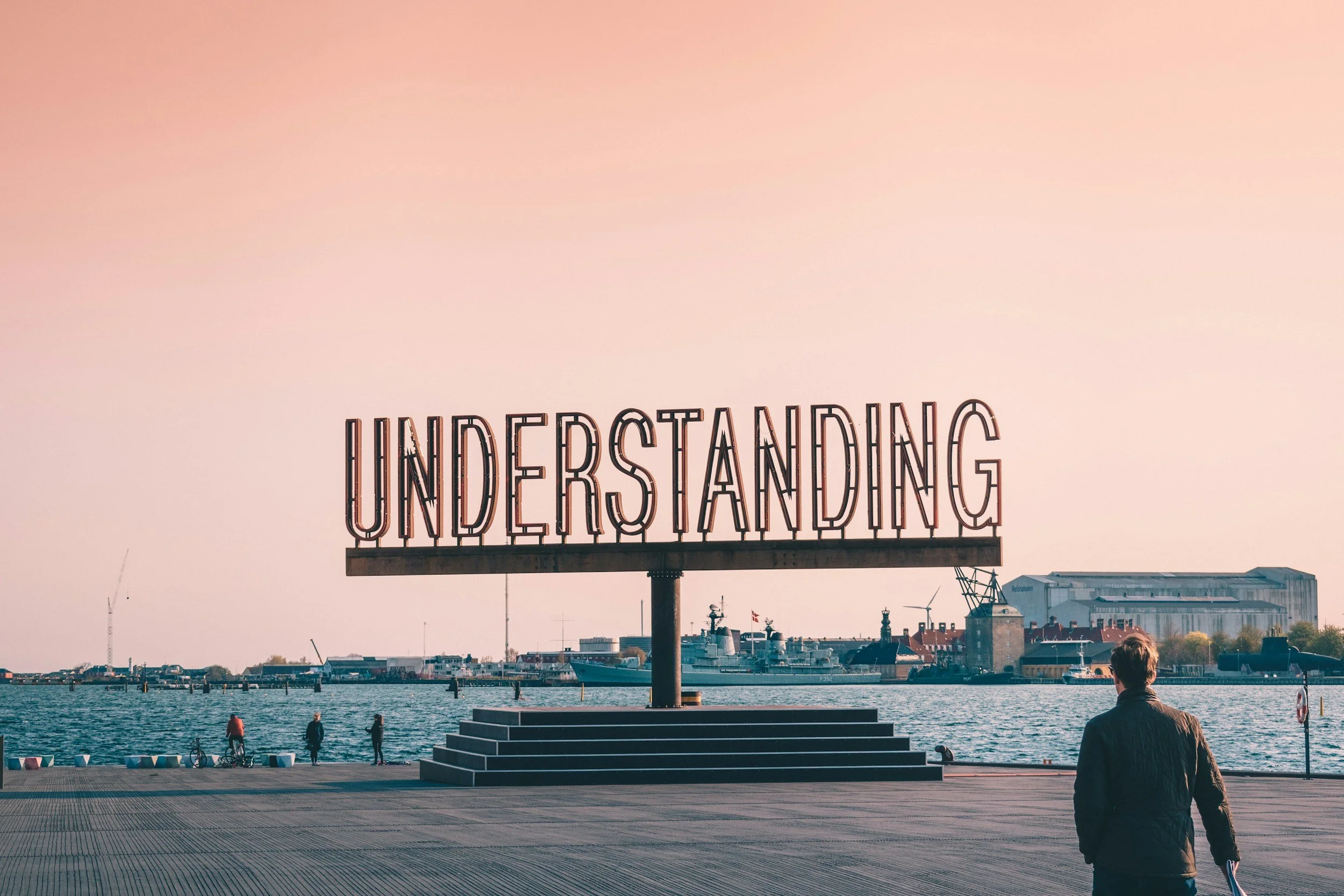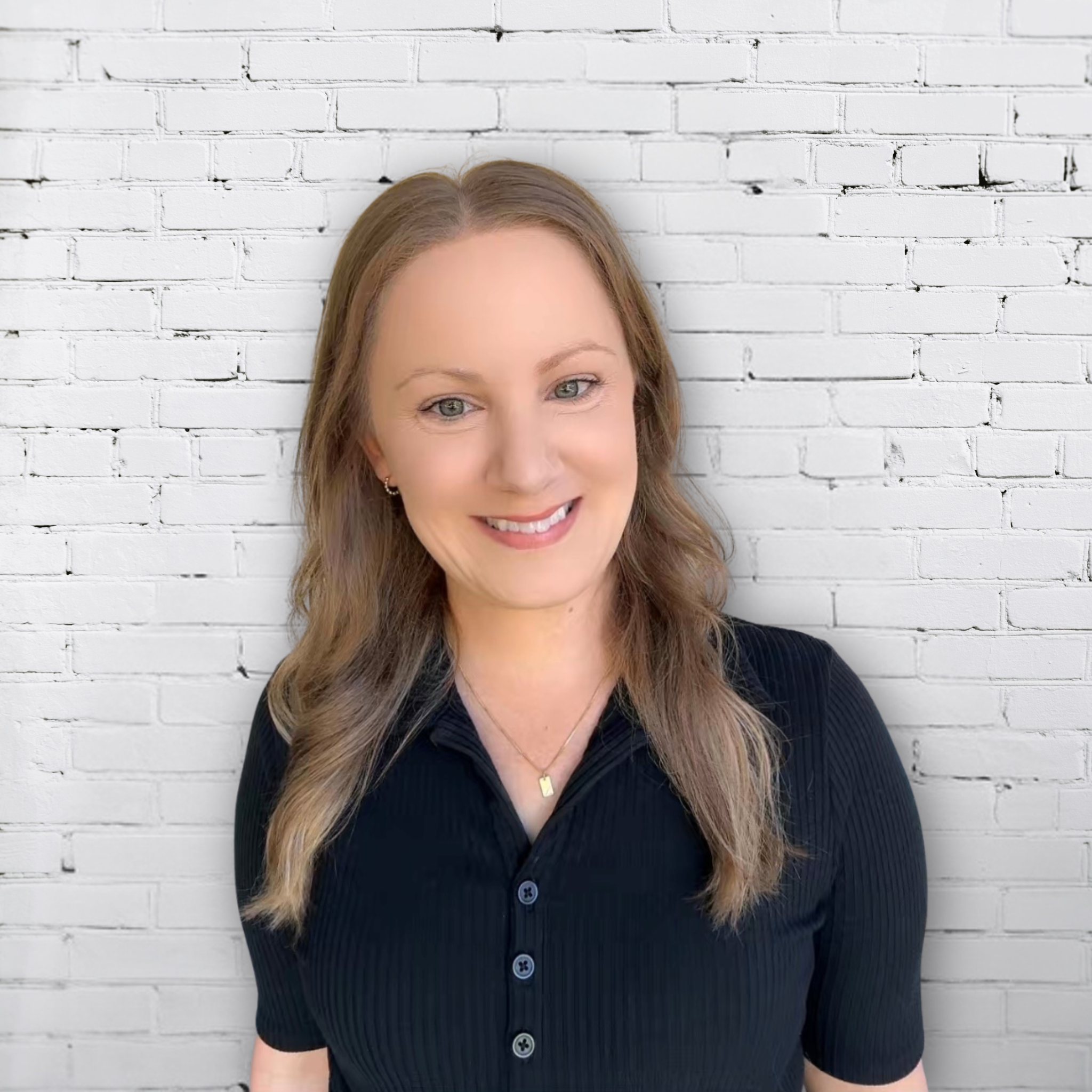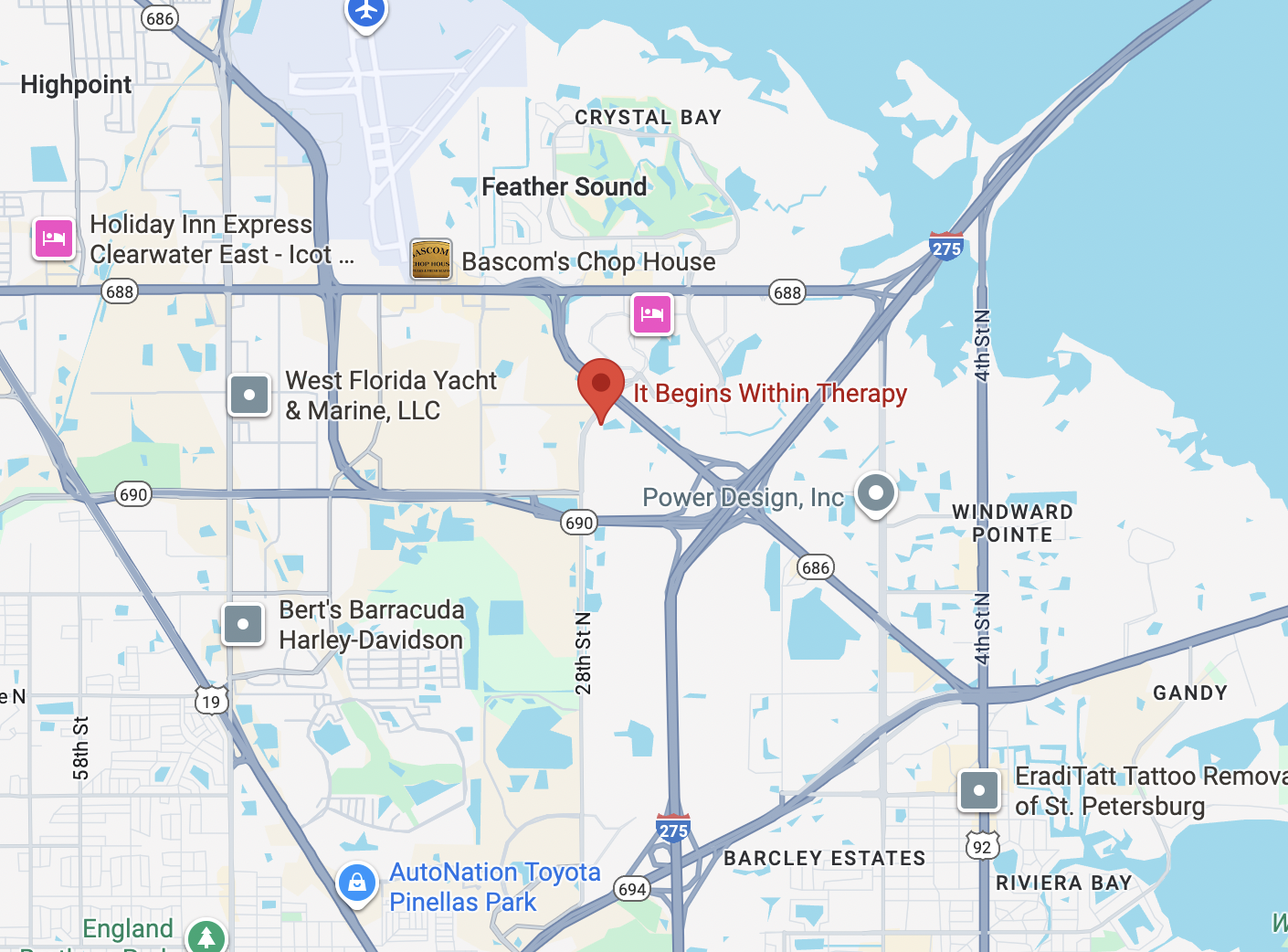Depression Therapy in Tampa, St. Petersburg & Sarasota, Florida
If depression has been weighing on your mind, energy, motivation, or relationships—you’re not alone. At It Begins Within Therapy, our licensed therapists provide depression treatment that’s practical, supportive, and tailored to your needs.
Understanding Depression
Depression isn’t simply feeling sad—it can change the way your brain and body respond to stress, connection, sleep, and motivation. Many clients describe it as living life with the volume turned down: less joy, less energy, less hope.
The most important thing to know: depression is treatable. With the right support, you can rebuild momentum, strengthen coping skills, and feel like yourself again.
When Depression Starts to Affect Daily Life
You’re in the right place if…
You look “fine” on the outside but feel numb, exhausted, or disconnected inside
You’re functioning at work/school, but it takes everything you have to get through the day
You feel stuck in rumination, shame, guilt, or hopelessness
Depression is impacting your relationship, parenting, focus, or health
Recognizing Symptoms of Depression
Depression can show up differently for different people—especially across life stages. Common signs include:
Persistent sadness, emptiness, or irritability
Loss of interest in things you used to enjoy
Low energy, fatigue, or burnout
Sleep changes (too much or too little)
Appetite changes or weight fluctuation
Feeling worthless, guilty, or “stuck”
Difficulty concentrating or making decisions
Pulling away from friends, family, or responsibilities
If these symptoms have been present most days for a couple of weeks—or they’re interfering with life—it’s a strong sign to reach out.
Depression Therapists in Tampa, St. Petersburg & Sarasota
Our licensed therapists support adults, teens, and families navigating depression and related emotional challenges. If you’re unsure who to choose, our care team can help match you. You can also learn more about all of our licensed therapists here.
Nicole Young, LCSW
Supports children and families navigating emotional challenges, mood changes, and behavioral concerns.
Amanda Farriss, LCSW
Works with adults experiencing depression, anxiety, and trauma using EMDR and somatic-based approaches.
Emma Groskind, LCSW
Supports adults navigating depression, anxiety, and emotional overwhelm with a thoughtful, evidence-based approach.
Tyler Macdonald, LMHC
Works with men navigating depression, stress, and life transitions, with a focus on identity and emotional resilience.
Provides in-person therapy in Tampa and St. Petersburg.
Living in Tampa often means balancing demanding work schedules, family responsibilities, and constant stimulation—from traffic and long commutes to high-pressure professional environments. For many people, depression shows up quietly beneath the surface: low energy, emotional numbness, difficulty concentrating, or a sense of disconnection that’s hard to put into words.
Our Tampa-based therapists provide depression therapy grounded in evidence-based approaches such as Cognitive Behavioral Therapy (CBT) and emotion-focused interventions, helping clients understand patterns that keep depression in place and develop practical tools for daily life. Therapy is collaborative and paced intentionally, supporting both symptom relief and long-term emotional resilience.
We work with adults and teens across South Tampa, Hyde Park, Davis Islands, Westchase, Carrollwood, New Tampa, Brandon, and Riverview. Whether depression is tied to stress, anxiety, life transitions, or long-standing emotional patterns, our Tampa team offers a calm, supportive space to begin meaningful change.
Many individuals seeking depression therapy in St. Petersburg describe feeling emotionally drained while still trying to meet expectations at work, school, or home. Depression can be especially isolating when you’re functioning outwardly but struggling internally with motivation, mood, or self-criticism.
Our St. Petersburg therapists offer structured, compassionate depression treatment using research-supported approaches that address both mood symptoms and the underlying emotional patterns contributing to distress. Therapy focuses on improving emotional awareness, reducing rumination, and rebuilding a sense of stability and connection over time.
We support individuals and families throughout St. Petersburg, Clearwater, Largo, Seminole, Gulfport, and surrounding Pinellas County communities. Whether depression has been present for years or has recently intensified alongside anxiety or life stress, our St. Petersburg team provides thoughtful, individualized care tailored to your needs.
In Sarasota, depression often emerges during periods of transition—changes in family roles, academic pressure, health concerns, or major life adjustments. Even in environments that appear calm on the surface, depression can create persistent feelings of sadness, fatigue, or emotional withdrawal that are difficult to navigate alone.
Our Sarasota-based therapists provide depression therapy rooted in evidence-based care, helping clients identify emotional patterns, develop coping strategies, and regain a sense of balance. Sessions are tailored to your pace and goals, with an emphasis on practical skills that support both short-term relief and long-term emotional wellbeing.
We work with individuals and families across Sarasota, Palmer Ranch, Lakewood Ranch, Siesta Key, University Park, Venice, and nearby communities. Whether you’re seeking support for yourself or a loved one, our Sarasota team offers experienced, attentive care in a supportive setting.
Depression Treatment Support at It Begins Within
At IBW we provide compassionate depression therapy for individuals facing:
Major Depressive Disorder
Persistent Depressive Disorder
Seasonal Affective Disorder
Therapy for Depression & Anxiety in Adults
Depression in adulthood often hits when life is demanding: careers, parenting, relationships, health, or caregiving. Therapy at IBWHC is designed to be both compassionate and practical—so you’re not just “talking about it,” you’re building a path forward.
What individual therapy can help you do:
identify patterns keeping depression in place (thoughts, habits, avoidance, burnout loops)
rebuild structure and momentum (small steps that add up)
improve mood, motivation, and self-trust over time
strengthen relationship skills and boundary-setting
reduce shame and increase emotional flexibility
Teenage Depression Treatment in Florida
Depression in teens can look like sadness—but just as often it shows up as irritability, shutdown, anger, isolation, or a sudden drop in motivation. Parents frequently tell us: “This isn’t my kid.”
At IBWHC, our teen depression therapy supports both:
the teen’s internal world (identity, confidence, emotion regulation)
the family system (communication, conflict patterns, support strategies)
We can help when teens are struggling with:
low mood, irritability, or hopelessness
friend drama, isolation, or social anxiety
school avoidance, declining grades, or burnout
self-esteem struggles and constant self-criticism
family conflict that keeps escalating
How we involve parents: you’ll get guidance and tools—without breaking teen trust. Teens still have a private, safe space to talk.
Therapy Approaches That Help With Depression
We match therapy to the person—not the other way around. Your plan may include one approach or a blend, depending on your symptoms and what actually works for your life. If you're dealing with both anxiety and depression (most people are), we treat them together.
Cognitive Behavioral Therapy (CBT) for Depression
Best for: Breaking negative thought patterns and avoidance
Works well for: People who want concrete tools, structured approaches, and those whose depression is driven by negative thought loops.
CBT helps you identify and shift the thinking that fuels depression—self-criticism, catastrophizing, and hopelessness spirals. It's structured, practical, and proven effective for both depression and anxiety. You'll learn to catch distorted thoughts in real-time and work on behavioral activation—doing things even when you don't feel like it, because action creates motivation.
Dialectical Behavior Therapy
Best for: Managing intense emotions and feeling overwhelmed
Works well for: Teens and young adults, people who feel emotionally stuck or reactive, anyone dealing with both depression and anxiety.
DBT teaches four core skills: mindfulness, distress tolerance, emotion regulation, and interpersonal effectiveness. You'll build a personalized toolbox of coping strategies you can actually use when you're panicking, fighting with someone, or about to spiral. Especially helpful when anxiety and depression feed each other.
Interpersonal Therapy (IPT) and Relationship-Focused Work
Best for: Depression connected to relationships, grief, or life transitions
Works well for: Depression that started after a specific life change, marriage/family strain, postpartum depression, or feeling isolated.
Depression often shows up around relationship stress, loss, role changes, or isolation. IPT helps you understand how relational patterns affect your mood and builds healthier connections. We'll work on communication skills, process grief, and strengthen the social support that protects against depression.
Mindfulness-Based Strategies
Best for: Breaking rumination and managing anxiety
Works well for: Chronic depression, high-functioning depression, stress and burnout, co-occurring anxiety, or preventing future episodes.
Mindfulness isn't "just meditate"—it's learning to relate differently to thoughts so they don't control your day. You'll practice grounding techniques you can use anywhere and ways to reset your nervous system when anxiety and depression are both running high.
EMDR therapy and Trauma-Informed Approaches
Best for: Depression rooted in past trauma
Works well for: Post-trauma depression, PTSD symptoms, those who've tried talk therapy without relief.
Sometimes depression connects to experiences your brain never fully processed. EMDR helps reprocess traumatic memories so they stop affecting your present. We'll identify experiences fueling current depression and reduce the emotional intensity of memories keeping you stuck.
Medication and Therapy When Needed
For moderate to severe depression, combining therapy with medication often works best—therapy teaches skills, medication provides chemical support. Our Tampa office offers psychiatric medication management, or we'll collaborate with your existing provider. If you need higher-level care like TMS or intensive programs, we'll help coordinate.
Which Approach Is Right for Me?
During your free consultation, we'll discuss your symptoms, history, and goals—then recommend a starting approach. Most clients use a blend: CBT for thoughts + DBT for anxiety management, or IPT for relationships + mindfulness for daily coping.
The best treatment for depression is the one that works for your life.
Depression Therapy in Tampa Bay and Beyond
At It Begins Within we are committed to offering compassionate and effective depression therapy services to individuals throughout Tampa, St. Petersburg, and the greater Tampa Bay area. Depression is a widespread yet deeply personal condition that touches the lives of millions, and our community is no exception.
Why Depression Therapy Matters in Our Community
According to the National Institute of Mental Health (NIMH), 8.4% of U.S. adults or roughly 21 million people experienced at least one major depressive episode in 2020. Source: NIMH
The Florida Department of Health reports that 13.2% of adults in Florida have been diagnosed with a depressive disorder, a figure higher than the national average, underscoring the need for accessible therapy in areas like Westshore, South Tampa, and Pinellas County. Source: Florida Department of Health
In our Tampa practice, we see the impact of depression every day. It can cast a shadow over even the brightest moments, making it hard to connect with loved ones, stay productive, or simply feel like yourself. But you don’t have to face it alone. Whether you’re grappling with persistent sadness, fatigue, or a loss of interest in life, our team is here to help you find your way forward.
We provide personalized depression therapy tailored to your unique experiences and needs. Our approach creates a safe, welcoming space where you can explore your emotions, build practical coping strategies, and rediscover hope.
The Goal of Depression Treatment
The goal of depression treatment isn’t just to “feel better.” It’s to help you:
Reduce symptoms and emotional shutdown
Restore daily functioning (sleep, work, parenting, connection)
Build coping skills that hold up under stress
Prevent relapse by strengthening routines, support, and self-awareness
Feel more hopeful and empowered in your life again
Frequently Asked Questions From Our Clients About Depression Treatment
Answered by our team of expert and licensed mental health counselors
What's the difference between sadness and clinical depression?
Sadness is a normal emotion that passes with time or circumstances changing. Clinical depression lasts two weeks or longer and includes persistent symptoms like hopelessness, sleep changes, loss of interest in everything, difficulty concentrating, or thoughts of death. If everyday tasks feel impossible or you're withdrawing from people you love, that's a sign to seek professional help. Our therapists can assess whether what you're experiencing is situational sadness or depression requiring treatment.
What does high-functioning depression look like?
You're still going to work, taking care of responsibilities, and appearing "fine" to others—but inside you're exhausted, numb, or barely holding on. High-functioning depression means you're meeting external expectations while suffering internally. Common signs include going through the motions, irritability, feeling like you're faking it, using "I'm just tired" as your default explanation, and dreading everything even when you accomplish it. Many of our Tampa Bay clients are high-functioning adults who thought they "weren't depressed enough" to need help—but you are.
Is my teenager's moodiness normal or is it depression?
Normal teen moodiness comes and goes, usually tied to specific events, and doesn't interfere with school, friendships, or interests for more than a few days. Depression in teenagers lasts weeks or months and includes withdrawal from friends, declining grades, giving away possessions, constant irritability or anger, substance use, or talk of hopelessness. If you're worried enough to search "teenage depression treatment near me," trust that instinct. Our Tampa, St. Petersburg and Sarasota teen therapists offer assessments to determine if treatment would help.
What if I'm not sure if I need therapy for depression or if I'm just stressed?
Here's a helpful guideline: if you've been feeling this way for more than two weeks and it's affecting your sleep, work, relationships, or ability to enjoy anything, that's beyond normal stress. You don't need to have "severe depression" to benefit from therapy—early intervention actually prevents worsening. We offer free 15-minute consultations where you can describe what you're experiencing, and we'll give you honest feedback about whether therapy would help. Even if you're "just stressed," learning better coping skills now prevents bigger problems later.
What is the best treatment for depression?
The best treatment depends on your symptoms, history, and what’s contributing to depression. Many people improve with evidence-based therapy (like CBT, DBT-informed skills, or relationship-focused work). The most effective plan is one that fits your needs and is consistent over time.
What should I expect in my first depression therapy session?
You can expect a calm, supportive conversation. We’ll ask about symptoms, what you’ve tried, your goals, and what life looks like day-to-day. You won’t be judged or pressured—your first step is simply getting support.
How can I support a loved one with depression?
Validate what they’re going through, avoid “just cheer up,” and encourage professional support. Practical help matters too—routines, reduced overwhelm, and gentle check-ins. Family sessions can help loved ones learn how to support recovery effectively.

Find Compassionate Depression Treatment Near Me
We offer comprehensive mental health services for anxiety and depression, we’re dedicated to the best outcomes for our clients. Please reach out to us today to learn more about how we may be able to support you in your healing journey.









